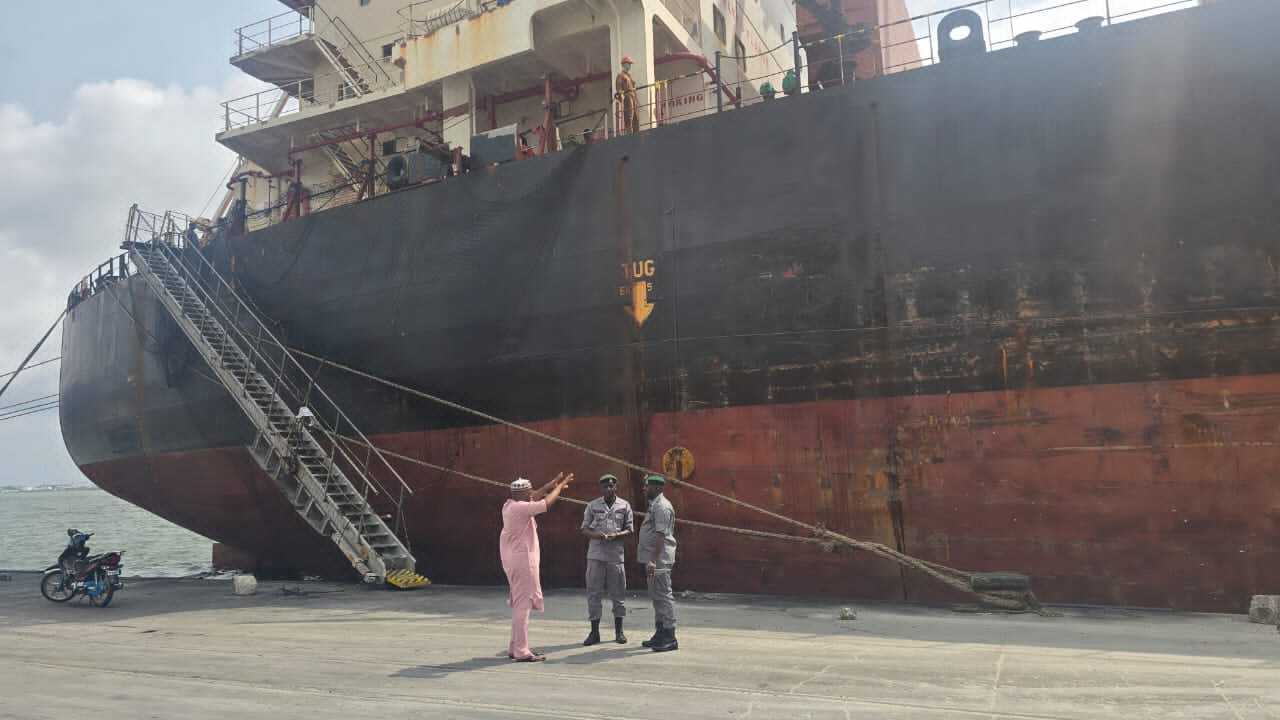The National Human Rights Commission (NHRC) has issued a strong warning over the rising wave of killings, kidnappings, and attacks across the country, describing the pattern of violence as a dire threat to Nigeria’s collective right to life.
Executive Secretary of the Commission, Dr Tony Ojukwu, SAN, in a statement on Thursday, said the abduction of 25 schoolgirls in Kebbi State and the killing of worshippers in Kwara are heartbreaking reminders of the worsening security situation.
He said the Commission is deeply troubled that Nigeria, despite its leadership position in Africa, continues to grapple with Boko Haram and ISWAP insurgents more than a decade after their emergence.
Dr. Ojukwu stressed that Nigerians are demanding urgent and decisive action from the government, noting that protecting lives is not only a moral responsibility but a constitutional and legal obligation.
“Every life is precious and should be preserved,” he said, adding that incidents like the Chibok abductions, similar tragedies, and the recent Maga school attack raise serious concerns about Nigeria’s commitment to the Safe Schools Declaration it signed.
According to him, the frequency of these attacks shows that schools, places of worship, and communities remain dangerously vulnerable.
The NHRC boss reaffirmed constitutional and international guarantees of the right to life, citing Section 33(1) of the 1999 Constitution, Article 4 of the African Charter on Human and Peoples’ Rights, and Article 3 of the Universal Declaration of Human Rights, all of which compel Nigeria to safeguard the lives of its citizens.
The statement was signed by Fatimah Agwai Mohammed, Director, Corporate Affairs and External Linkages, calling for urgent national action.
The Commission demanded thorough investigation and prosecution of perpetrators, compensation and support for victims and their families, stronger security architecture to prevent future attacks, and increased citizen vigilance.
Ojukwu assured that the NHRC will continue to monitor developments and issue necessary recommendations to relevant authorities.
Similar patterns
The Guardian reports that the country has faced a recurring pattern of school attacks over the past decade, with several states in the North experiencing mass abductions of students by armed groups. The incidents, spanning from 2014 to 2023, have continued to raise concerns about security in educational institutions across the northern region.
The first major incident occurred on 14 April 2014 when Boko Haram fighters raided the Government Girls’ Secondary School in Chibok, Borno State.
The attackers entered the town around midnight, “shoot anyhow to wake residents,” broke into the hostel, and abducted 276 girls.
Almost four years later, in February 2018, in an incident mirroring the Chibok schoolgirls abduction, suspected Boko Haram militants attacked another girls’ school in Dapchi, Yobe State, abducting 110 students.
In December 2020, armed men stormed the Government Science Secondary School in Kankara, Katsina State, kidnapping more than 300 boys. The students were moved across state lines into the forests of Zamfara, another hotspot of insecurity.
The trend continued in February 2021 when gunmen attacked the Government Girls’ Secondary School, Jangebe, in Zamfara State. Around 317 girls were abducted.
In March 2023, another mass abduction occurred at Kuriga Primary and Junior Secondary School in Chikun Local Government Area of Kaduna State. About 287 students and one teacher were taken.
The teacher, who later escaped, recounted to Governor Uba Sani during a visit that the attackers arrived just after the morning assembly, catching the school unawares.






